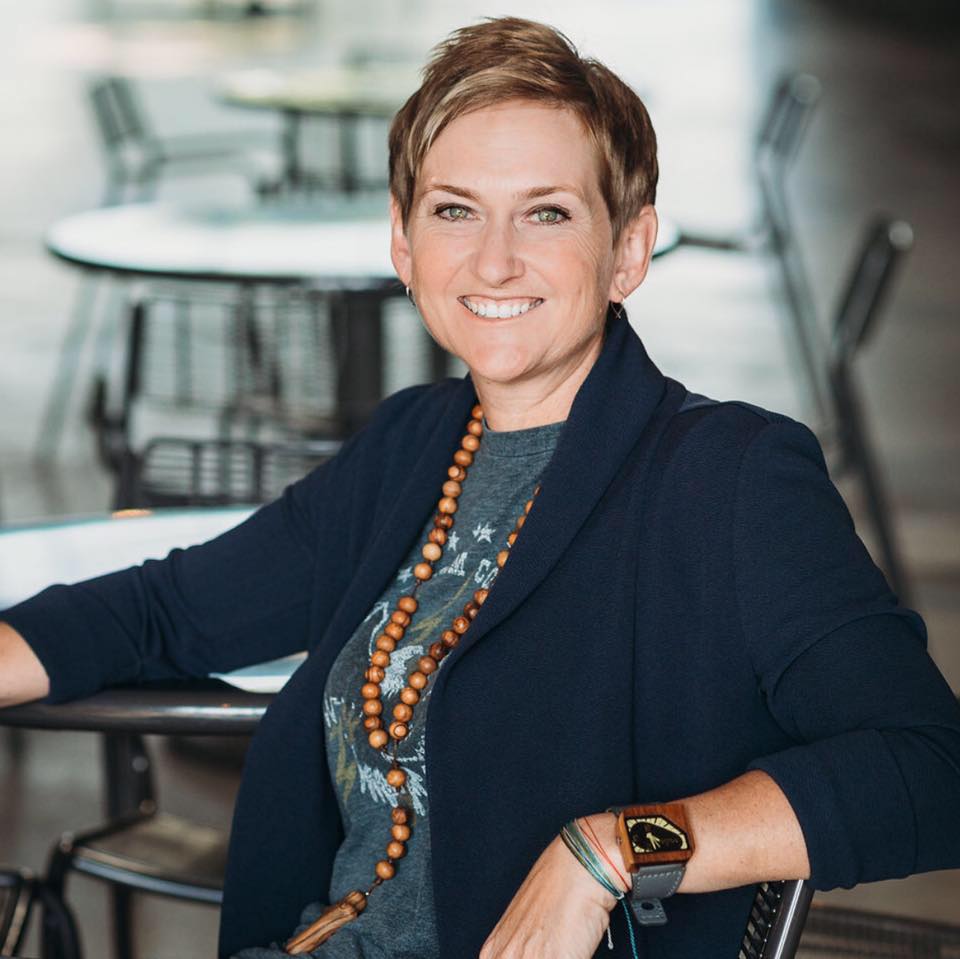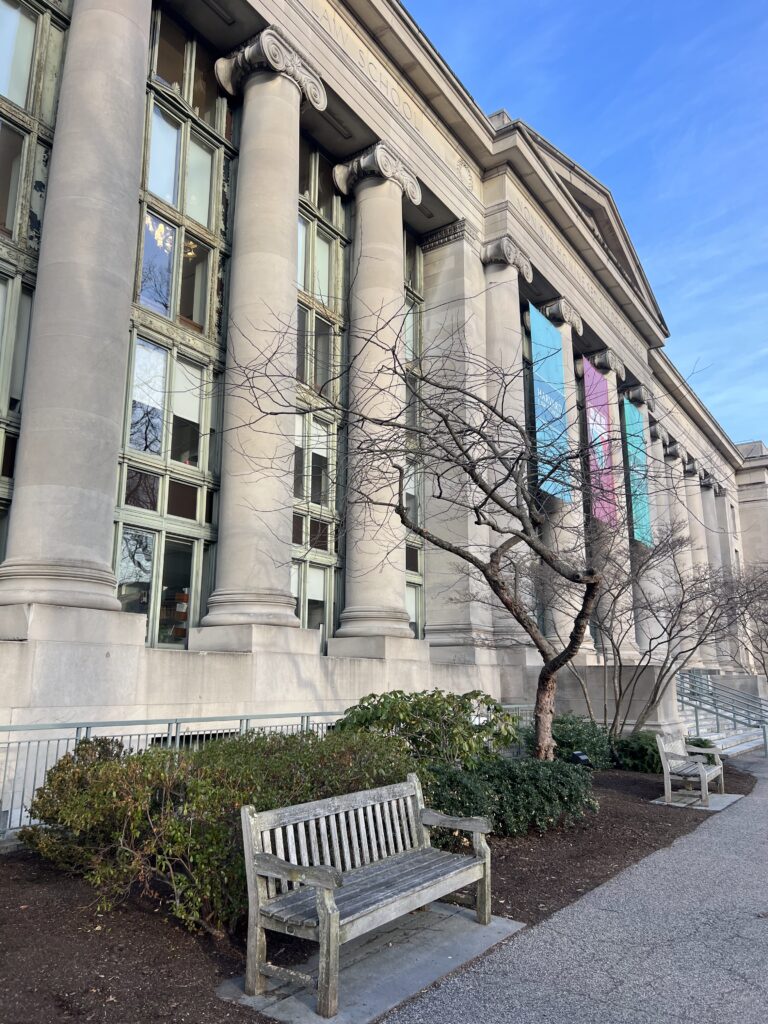
Sam Altman’s Eye-Scanning “World ID Orb” Is Being Built in Texas—But What Exactly Is It?
In a world racing to define the boundaries of digital identity and personal data ownership, Sam Altman—the CEO of OpenAI and co-founder of the controversial cryptocurrency project Worldcoin—is back in the headlines. His startup Tools for Humanity has begun manufacturing the next generation of its World ID Orb right here in Texas. Specifically, these high-tech biometric devices are being assembled in Richardson, a suburb of Dallas known for its tech-centric economy and history in microchip manufacturing.
While the ethics of eyeball-scanning for crypto access remain debated globally, one thing is clear: Texas has a front-row seat in the rollout of one of the most ambitious—and controversial—AI-adjacent technologies of the decade.
What Is the World ID Orb?
The Orb is a silver, bowling ball-sized device designed to scan your irises and verify your proof of personhood. In plain terms: it’s a biometric tool that captures your eye’s unique pattern and links it to a global digital ID known as World ID. According to Tools for Humanity, this identity layer is designed to separate real humans from bots and deepfakes in an increasingly AI-saturated internet.
Once verified, users can access services, claim Worldcoin tokens, and theoretically prove their humanness across any digital platform that adopts the World ID system. The project envisions a future where, whether you’re logging into a social media platform or applying for basic income, your World ID proves you’re a unique and real person—without requiring your name, government-issued ID, or email address.
Texas: The Launchpad for a Global Identity System?
Richardson, Texas has become the unlikely epicenter for Orb production. The city’s strong technical workforce and existing manufacturing infrastructure make it a strategic choice for rolling out this ambitious hardware project.
Altman’s company is currently producing 400 Orbs per month, with plans to scale up to 2,000 per month by the end of the year. Each Orb contains five cameras, sensors, and a privacy-preserving computing system that processes the iris scan locally—only storing an anonymized hash of the scan. The devices are reportedly being distributed to “Orb Operators” across dozens of cities globally, including several in the United States for the first time.
This development places Texas not just as a tech-friendly state, but as a literal manufacturer of the physical tools driving the next wave of digital identity verification.
Why Does This Matter to Texans?
First, let’s talk economic opportunity. The fact that these devices are being built in Texas brings manufacturing jobs, hardware R&D, and potentially the chance for Texan companies to partner in broader infrastructure around biometric ID verification and blockchain.
But beyond jobs, the World ID Orb raises big questions that Texans—and Americans—should be asking:
- Who owns our biometric data?
- How can we balance digital freedom with online verification in an AI-powered internet?
- Will this technology be used only for good, or could it become a surveillance nightmare?
Altman and Tools for Humanity argue that their system is privacy-first. The iris scan is used to generate a one-way encrypted code that cannot be reverse-engineered. But critics—including privacy advocates and cybersecurity experts—warn that any biometric data collection poses risks. Who audits this tech? What happens if the system is hacked? And how do we ensure consent and equity in who participates—or doesn’t?
A Bridge Between Web3 and the Real World
Whether you’re bullish on crypto or skeptical of Silicon Valley’s latest moonshot, the World ID Orb is undeniably a bridge between the decentralized future of Web3 and the very physical, very human reality of identity.
At a time when bots can write emails, generate videos, and impersonate humans online, verifying someone is actually a person may become a necessary layer in everything from voting platforms to banking and beyond. But who gets to build that layer—and who benefits—is still up for debate.
By anchoring part of this global project in Texas, Altman is turning our state into a proving ground for biometric ethics, digital identity infrastructure, and the role of AI in defining human rights.
Final Thought
At Texans for AI, we believe in watching closely, thinking critically, and asking the big questions before the future arrives fully formed. Whether you’re excited by the idea of proof-of-personhood or wary of handing over your biometric data to a glowing silver orb, one thing is certain: the future is being built—literally—in Texas.
Let’s make sure we stay informed and involved in shaping what that future looks like.







